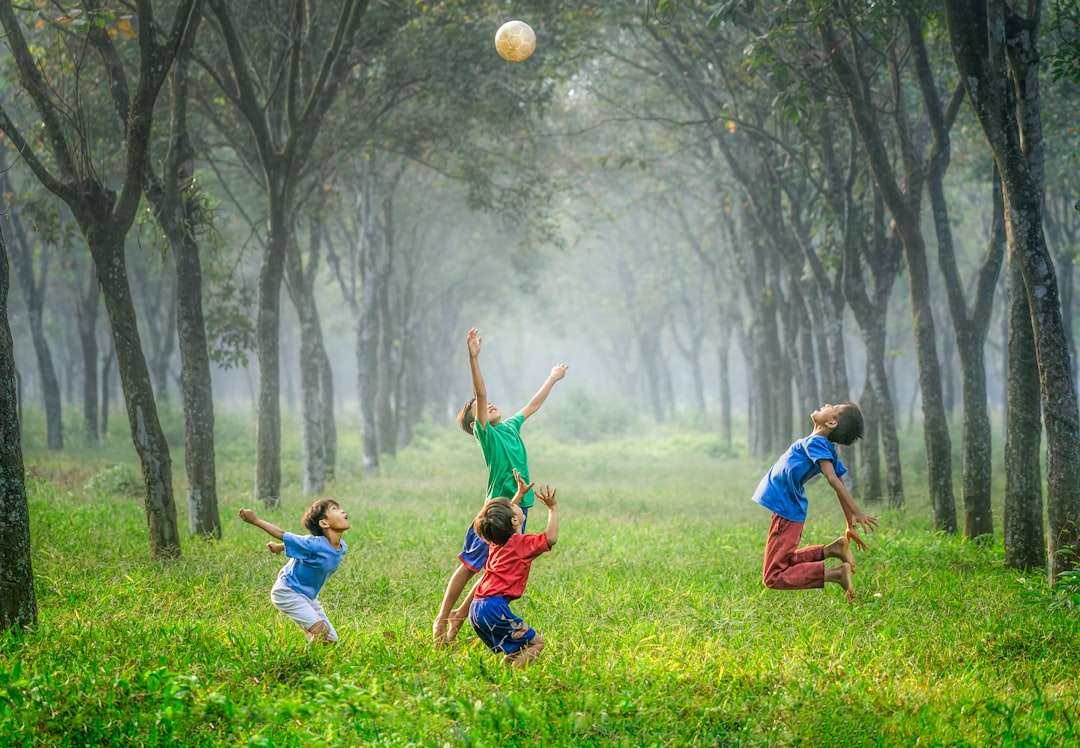


Trauma Basics - How to Support Kids & Teens is avialable for download
What does it mean to help someone who has experienced trauma?
Helping a loved one after a traumatic incident is to offer intentional support in ways that allow them to heal.
Why is support important to those who have experienced traumatic stress?
Compared to adults, children and teens have a higher likelihood of developing long-term mental health issues like PTSD after exposure to traumatic events. Kids and teens are also more vulnerable to cognitive, psychological, and emotional issues, which can negatively impact their quality of life even as adults.
The most important factor in a child or teen’s ability to heal from trauma is having the support of their parents or adult caretakers.
How can a parent or adult caregivers strengthen their own ability to help a child or teen?
Be mindful of your own emotional and psychological well-being.
If an adult has experienced traumatic stress in their past, it is possible to be triggered by hearing about a child’s trauma.
Consider seeking support or therapy to better understand how the child’s situation currently impacts you and other family members.
Finding healthy ways to identify and express your emotions is an important part of self-care in times of change. And you’ll be modeling healthy emotional habits for the smaller humans around you. Multi-tasking!
How are kids or teens different after experiencing traumatic stress?
In younger children:
In teens:
They may view the world differently - A once safe and inviting world may now seem dangerous, untrustworthy.
Their self-image may shift - some kids and teens see themselves as having done something to cause the traumatic incident, or believe they somehow deserve it (e.g., It wouldn’t have happened if I did what I was told).
Some may see themself as weak for being unable to stop the incident.
What are practical ways a parent or adult caregiver can support a child or teen who has experienced traumatic stress?
Say:
What not to say:
Do:
Allow them to feel a sense of control in their life by offering choices like picking what video to watch or what clothes to wear.
Be patient as healing takes time.
Empathize with your child and active listening skills while keeping your emotions on the down low.
Reduce or limit viewing of news and media coverage of any distressing events.
Keep up with the usual family routines as much as possible to create a predictable (safe) environment.
Adapt or alter the routine if necessary for things like checking the closet for “monsters,” keep light on at night, or letting them sleep with extra stuffed animals.
Give kids and teens space to express their emotions verbally, through writing, or drawing. If they choose to share with you, be open to their perspective without labels or judgement.
Answer questions honestly and as appropriate for their age and development. Use neutral terms when discussing people and avoid using words along the lines of “good” or “bad.”
Allow both kids and teens to have ownership and control of their body and physical space. Respect their decision if they choose not to be hugged or touched.
Seek mental health support from a licensed provider if they are not improving within 30 days from the incident, or if their emotional response appears to be increasing in intensity. Speak with a mental health or medical provider who is knowledgeable about treating trauma in your child’s age group (pre-school age, elementary and middle school age, or high school aged teens).
A safe and stable environment with supportive caretakers is a vital part of the healing process after experiencing a distressing event.
Transitions, like changing schools or moving to a new neighborhood, additional stresses such as tension in the home, or pressure to get back to “normal” can make it difficult for kids and teens to progress in healing.
Sometimes a job change necessitates a move out of the area, or some other unavoidable issue come up. We cannot control all aspects of life, nor is it something we need to focus on. But being aware of how transitions and additional stressors negatively impacts those healing from traumatic experiences.
Your love and support is important all of the time - and especially during the difficult days.
If these issues go on for a month or more, or if problems with grades, increased intensity of emotions, negative social and family interactions, or withdrawal from leisure activities become evident - please seek out a licensed mental health professional experienced in the treatment of trauma.
References
National Child Traumatic Stress Network Complex Trauma Task Force. (2003). Complex Trauma in Children and Adolescents [White Paper]. https://www.nctsn.org/sites/default/files/resources/complex_trauma_in_children_and_adolescents.pdf
Post-Traumatic Stress Disorder (PTSD). (n.d.). Retrieved May 15, 2020, from https://www.nimh.nih.gov/health/statistics/post-traumatic-stress-disorder-ptsd.shtml.
VA.gov: Veterans Affairs. (2007, January 31). Retrieved May 15, 2020, from https://www.ptsd.va.gov/professional/treat/essentials/epidemiology.asp
© 2021 Strive Family Resources, LLC